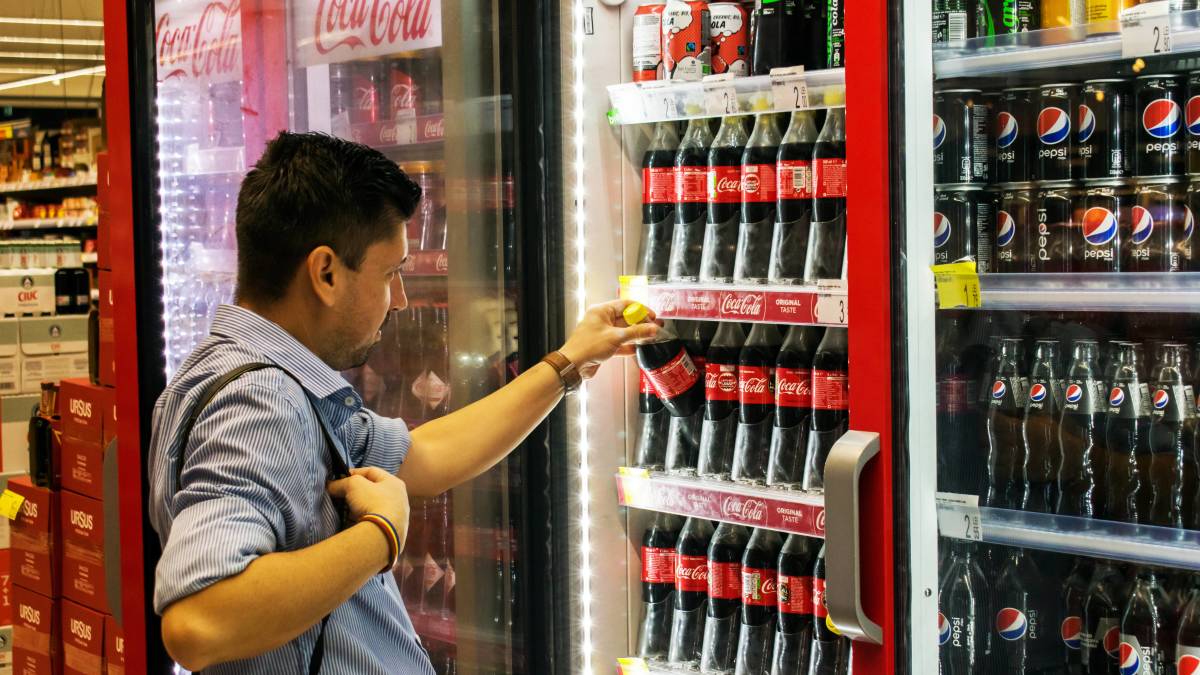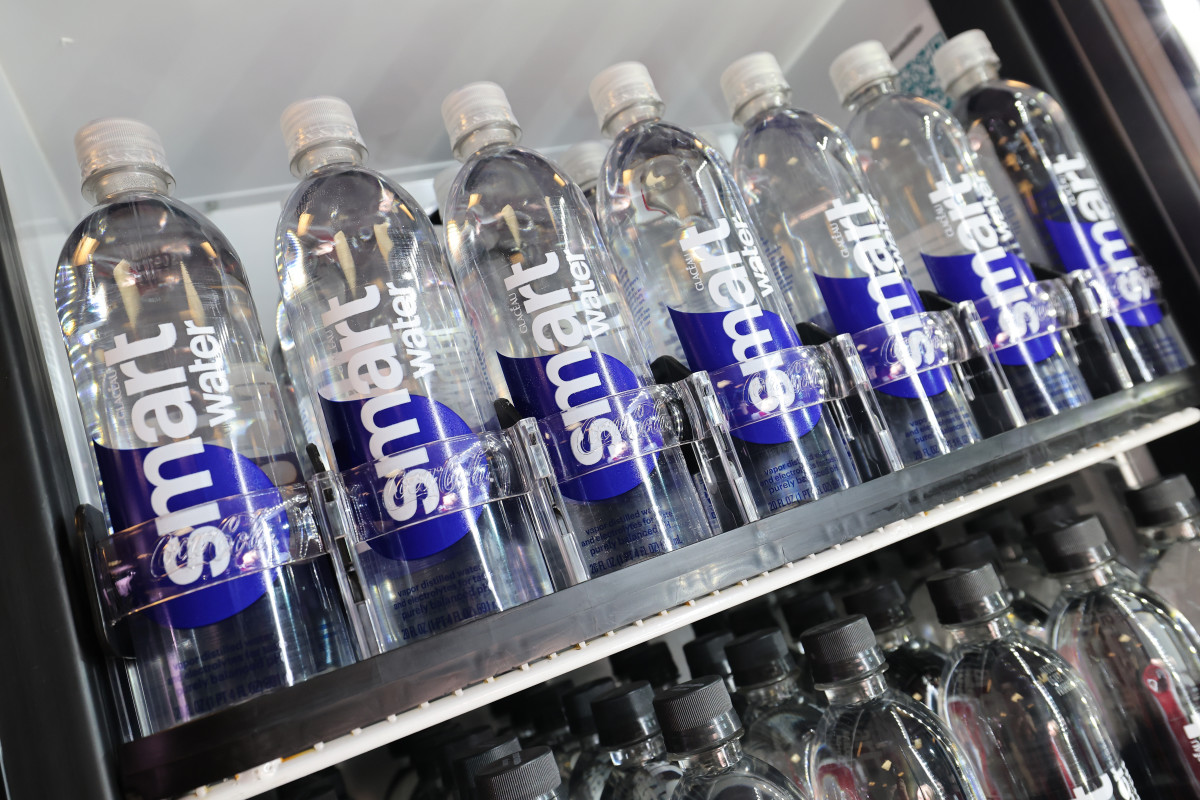
Coca-Cola (KO) , which sells a wide variety of beverages, appears to be suffering the consequences of a growing health concern amongst consumers. And that consumer concern may have recently had a negative impact on a vital sector of the company's business.
The drink company has just revealed its third-quarter earnings report for 2024; during the quarter, it saw a 1% dip in its net revenues. Its operating income, which is the company's profit after expenses, shrunk by a significant 23%.
💰💸 Don’t miss the move: SIGN UP for TheStreet’s FREE Daily newsletter 💰💸
In the report, Coca-Cola highlighted some areas where consumers are pulling back on their spending. In the U.S., the company’s sales remained stagnant. The company saw a boost in soft drink sales, but one of the unexpected areas where it faced declines was in its water bottle sales.
Related: Coca-Cola pulls the plug on a brand-new flavor amid criticism
Coca-Cola’s water portfolio includes dominant brands such as Smartwater and Dasani. In the earnings report, the company also stated that water bottle sales declined by 6% globally.
Consumers worry plastic water bottles can threaten health
What makes this sudden change in consumer behavior striking is that it comes during a time when consumers are growing wary of drinking water from plastic bottles due to a major health concern.
Earlier this year, a new study from Columbia University tested three popular brands of bottled water, and researchers found that, on average, a liter of bottled water contained about 240,000 tiny pieces of plastic. Roughly 90% of these plastic fragments were nanoplastics, meaning pieces of plastic too small to be seen by the naked eye.

There were seven different types of plastics that leached into the water, and some of those were linked to diseases such as brain, liver and lung cancers, while others were linked to reproductive issues including endometriosis and infertility.
Microplastics are everywhere, and according to the National Institutes of Health, microplastics have even been found in “human blood, lungs, gut, feces, and reproductive tissues like the placenta and testes.”
More Retail:
- PepsiCo’s plan to buy a popular brand draws threats from consumers
- Target makes bold clarification to return policy amid alarming trend
- H&M is the latest victim of an alarming shift in consumer behavior
This revelation aligns with consumers becoming more health-conscious about the food and beverages they put into their bodies, a trend that began to blossom after the start of the Covid pandemic in 2020.
So after the study’s results went viral on social media earlier this year, it wasn’t a big surprise when many consumers began exploring alternatives to plastic water bottles, such as glass or aluminum bottles, or stainless steel reusable bottles.
View the original article to see embedded media.
The growing concern over microplastics can harm businesses
This growing health concern about microplastics amongst consumers can pose a major threat to businesses. For example, Tupperware filed for Chapter 11 bankruptcy on Sept. 17, and in the filing, it stated that the growing “anti-plastic sentiment” was a major factor that tanked its business.
Related: Tupperware sounds the alarm on a trend that led to bankruptcy
“The company was founded around a solution to reduce food waste and has a longstanding commitment to sustainability, but recent years have been marked by a general resurgence in hesitancy regarding plastics (especially plastics containing BPAs),” said Tupperware in the filing. “These developments have presented headwinds for the company, which has had to closely monitor customer sentiment, combat misconceptions about its products, and, at times, reconfigure its product offerings.”
Many consumers have grown concerned that Tupperware containers, which are made with plastic, would leach chemicals into food when exposed to high temperatures. This led to many consumers ditching plastic containers to store their food and rely on glass, stainless steel and bamboo containers instead.
Related: Veteran fund manager sees world of pain coming for stocks







